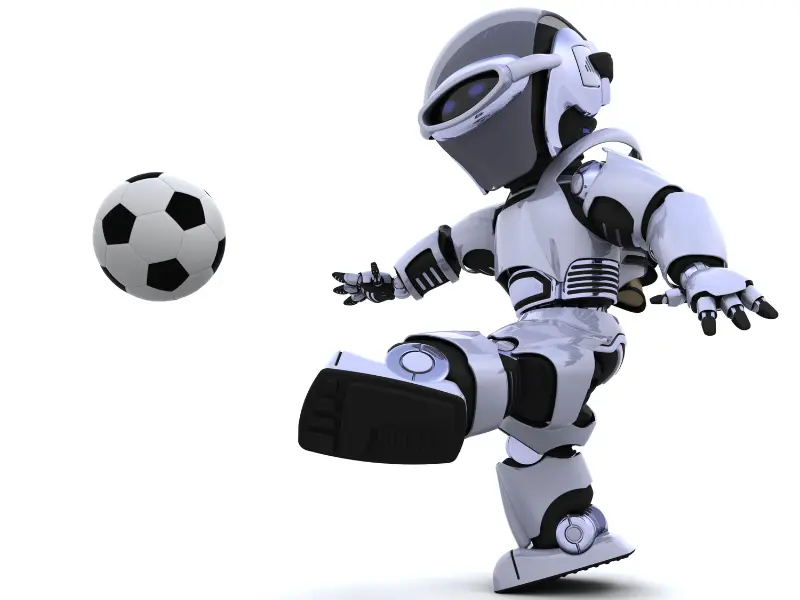- The AI for Good Global Summit, organised by the International Telecommunication Union (ITU), kicked off in Geneva on May 30th. Thousands of participants from various industries and regions around the world gathered to discuss the hopes and concerns surrounding the development of artificial intelligence (AI).
- While AI often makes headlines for its advancements, the summit emphasised its practical applications. From flood forecasting and disaster management to agriculture and healthcare, AI is impacting diverse sectors.
- Secretary-General of the ITU, Doreen Bogdan-Martin, underscored the transformative potential of artificial intelligence during the summit’s opening ceremony, emphasising the imperative of inclusive and secure AI governance.
The AI for Good Global Summit in Geneva offered a glimpse into the vast potential of artificial intelligence (AI) to improve and even transform lives. This event showcased AI applications beyond the realm of complex tech, highlighting its integration into everyday solutions across various fields.
Football team gathered by robot
The AI for Good Global Summit, organised by the International Telecommunication Union (ITU), kicked off in Geneva on May 30th. Thousands of participants from various industries and regions around the world gathered to discuss the hopes and concerns surrounding the development of artificial intelligence (AI).
The summit showcased a range of advanced technologies, including AI robots, brain-computer interfaces, generative AI solutions, and hardware, the backbone of the global AI ecosystem.
A team of AI-powered robots stole the show at the summit, captivating the audience with their soccer skills. This project, developed by students from ETH Zurich, showcased the potential of AI to revolutionise sports and physical activities.
The robots, equipped with advanced sensors, demonstrated remarkable agility and coordination as they navigated the miniature soccer field, passing, kicking, and dribbling with precision. The project’s supervisor, Jan-Nico Zaech, emphasised the educational value of this endeavor, highlighting its ability to provide students with hands-on experience in AI development and real-world application.
Also read: 5 of the most convincing humanoid robot startups
AI for accessibility and assistance
While AI often makes headlines for its advancements, the summit emphasised its practical applications. From flood forecasting and disaster management to agriculture and healthcare, AI is impacting diverse sectors.
For example, Among them is the pioneering company Bioniks, led by a Pakistani, specialising in designing prosthetics. Bioniks states that its founding principle is to create affordable prosthetics for amputees, including children. Leveraging smartphone scanning, brain-control technology, and a simplified installation process that eliminates the need for hospital visits, patients can send measurement data via their phones, and the prosthetics are delivered to their doorsteps. These prosthetics are waterproof, enabling users to engage in virtually any activity even in damp climates. This product aims to reduce costs, becoming the most economically accessible bionic limb in the world. Additionally, as a social enterprise, Bioniks endeavors to assist those in need of prosthetics but lacking financial means by facilitating sponsorships.
Also read: Are robots better pilots than people?
Mixing the technology gap
Secretary-General of the ITU, Doreen Bogdan-Martin, underscored the transformative potential of artificial intelligence during the summit’s opening ceremony, emphasising the imperative of inclusive and secure AI governance. She noted that AI is reshaping our world and lives. However, one-third of humanity still remains offline, excluded from the AI revolution and lacking a voice. “We can no longer tolerate this digital and technological divide,” she asserted.
She stressed that the current digital divide remains stark, with 2.6 billion people worldwide still lacking internet access. She urged collective action to bridge this gap and emphasised the crucial role of equitable access to AI technology in fostering inclusive progress.

